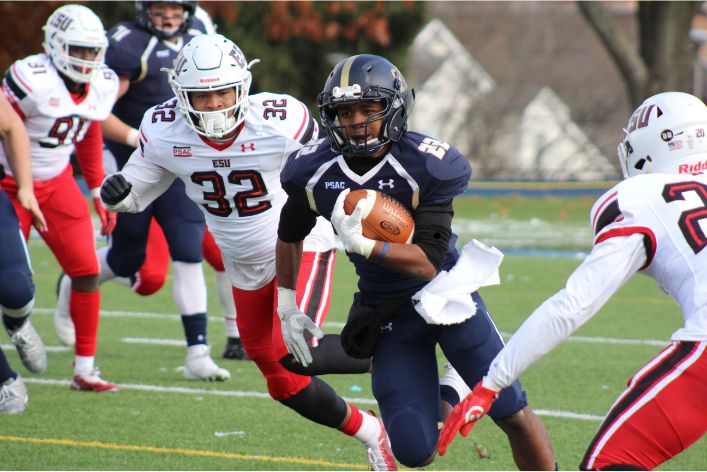Last Updated on February 28, 2023
Lagbaja is a Nigerian Afrobeat artist known for his unique music style and distinctive persona. He is always seen dressed in robes with a large straw hat and a mask that covers his face. This mask is what has come to be known as the ‘Lagbaja’ mask. So, why does Lagbaja cover his face?
There are a few stories that circulate about this. One story is that he was disfigured in a fire accident, and he uses the mask to cover his scars. Another story is the mask represents the many people in society who are not free to show their faces.
Whatever the reason, the Lagbaja mask has become an iconic symbol of the artist and his music. It reminds us that we all have our own stories and reasons for hiding our faces from the world.
If you’ve ever been curious about the legendary Lagbaja and his face, read on as we unravel the iconic story behind the veteran’s mask.
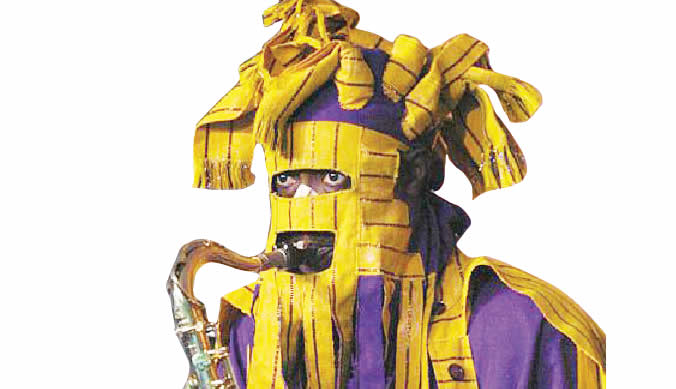
The Iconic Story of Lagbaja
Lagbaja is one of the most iconic and mysterious musicians to come out of Nigeria. Known for his unique blend of Afrobeat, Jazz, and traditional Yoruba music, he has been a household name in Nigerian music for over two decades.
However, what sets Lagbaja apart from his peers is his decision to constantly cover his face with a mask during his performances and public appearances. Here, we will explore the iconic story of Lagbaja and the mystery surrounding his masked persona.
The Origin of the Name Lagbaja and the Masked Face
Lagbaja’s real name is Bisade Ologunde, and he was born on September 22, 1960, in Lagos, Nigeria. He adopted Lagbaja, which means “anonymous” or “faceless one” in Yoruba when he started his music career in the early 1990s.
The name was fitting since Lagbaja always wears a mask to conceal his face. It added an element of mystery to his persona.
The Meaning Behind His Music and Lyrics
Lagbaja’s music is not just about entertaining his audience; it also has a deeper meaning. His lyrics often address social and political issues, including corruption, poverty, and injustice. He uses his music as a platform to advocate for positive change in Nigerian society.
One of the key features of Lagbaja’s music is his use of traditional Yoruba instruments. This includes the dundun and bata drums, which give his music a distinctive African flavor. These instruments are often used to convey traditional Yoruba folktales, which Lagbaja has incorporated into his music as a way of preserving this aspect of Nigerian culture.
Lagbaja’s lyrics are also infused with meaning and often address critical social and political issues in Nigerian society.
For example, his song “Nothing for You” speaks out against the corrupt practices of Nigerian politicians and the negative impact they have on ordinary citizens. Similarly, his song “Gra Gra” is a commentary on the pervasive culture of greed and self-interest in Nigerian society.
In addition to his social and political commentary, Lagbaja’s lyrics explore themes such as love, spirituality, and identity. His song “Never Far Away” is a touching tribute to his mother. “Konko Below” is a playful and humorous exploration of the Yoruba language and culture.
One of the most exciting aspects of Lagbaja’s music is how he uses his lyrics to convey multiple meanings. For example, in his song “Coolu Temper,” he uses the metaphor of a hot temper to discuss domestic violence.
Lagbaja’s use of traditional Yoruba instruments and incorporation of Yoruba folktales into his music is a testament to the importance of preserving Nigerian culture in the face of Westernization and globalization.
Read: The Impact of European Colonialism on African Societies and Culture
Lagbaja and His Unique Style of Music
Lagbaja’s music is a fusion of different genres, including Afrobeat, Jazz, and traditional Yoruba music. His sound is often described as a modern take on Fela Kuti’s Afrobeat but with a more eclectic and experimental approach.
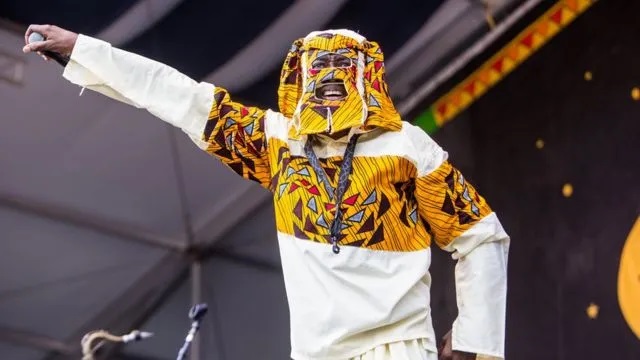
As mentioned, he is known for using traditional Yoruba instruments, giving his music a distinctive African flavor.
He also combines these with modern instruments such as saxophone and trumpet to create a unique sound. Moreover, he incorporates elements of other African musical traditions, such as highlife and juju music, into his work.
Furthermore, Lagbaja’s music often features complex polyrhythms created by layering multiple rhythms on top of each other. This creates a rich and textured sound that is both rhythmically complex and musically engaging. He also uses call-and-response vocals, a traditional African musical technique that involves a lead singer singing a line, with the chorus responding in unison.
The Impact of Lagbaja’s Music on Nigerian Society and Culture
Lagbaja’s music has had a significant impact on Nigerian society and culture. His messages of social justice and equality have resonated with many Nigerians, and his music has been used as a tool for political activism. He has also inspired a generation of Nigerian musicians, many of whom have followed in his footsteps and adopted his eclectic style of music.
Read: The Cultural and Artistic Traditions of Africa (Music, Art, and Literature)
Why Lagbaja Covers His Face
The mystery surrounding Lagbaja’s face has been a subject of much speculation and curiosity. Many theories have been put forward to explain why he always wears a mask, including hiding his identity or being a member of a secret society.
However, Lagbaja revealed that the real reason behind his decision to cover his face is to keep the focus on his music and message rather than his physical appearance.
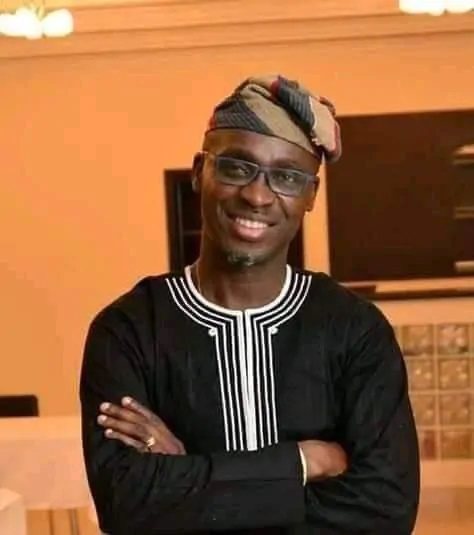
According to many sources, Lagbaja used to be in the choir in one Baptist Church in Ilorin, and his parents were prominent Baptist members. Unfortunately, his family opposed his decision to sing that kind of music.
They believed he would disgrace them because of their position in the church. So, Lagbaja began using a mask to cover his face.
The Significance of Lagbaja’s Mask
Lagbaja’s mask has become an iconic symbol of his music and message. The mask is often adorned with intricate designs and patterns reflecting his African heritage. Lagbaja has said that the mask represents the facelessness of the oppressed in Nigerian society and symbolizes their struggle for justice and equality.
The Role of the Mask in His Performances and Music Videos
The mask is an integral part of Lagbaja’s performances and music videos. He often incorporates dance and theater into his performances, which makes the mask an essential part of the visual spectacle. The mask also allows him to maintain his anonymity and adds to the mystique surrounding his persona.
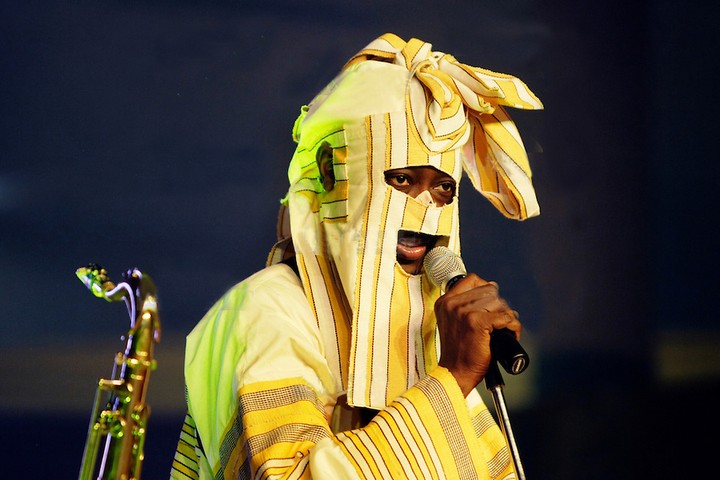
The Relationship Between Lagbaja’s Mask and His Message
Lagbaja’s mask is not just a symbol of his music and message, but it also reinforces the themes of his music. His message of social justice and equality is often directed at the oppressed and marginalized in Nigerian society, who are faceless and voiceless. The mask represents their struggle and serves as a reminder that their voices need to be heard.
Lagbaja’s Impact on Nigerian Music and Culture
Lagbaja’s impact on Nigerian music and culture cannot be overstated. His music has transcended boundaries and resonated with people of all ages and backgrounds. He has been able to blend traditional African music with modern styles, creating a unique sound that has become synonymous with his name.
One of the most significant impacts Lagbaja has had on Nigerian music is his ability to address social and political issues through his music.
He has used his platform to advocate for positive change in Nigerian society, highlighting issues such as corruption, poverty, and injustice. Additionally, his music has served as a tool for political activism, inspiring many Nigerians to take action and fight for their rights.
Lagbaja’s Legacy in African Music
Lagbaja’s legacy in African music will be remembered for years to come. His music has inspired a new generation of African musicians, who now use their music to address socio-political issues.
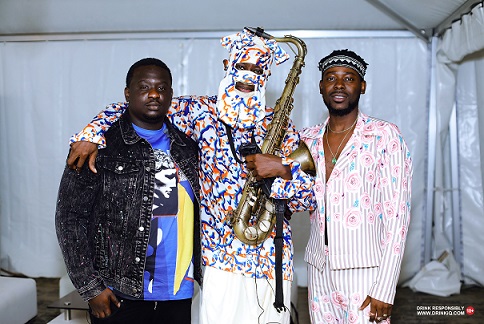
One of the most significant contributions Lagbaja has made to African music is his ability to incorporate traditional African instruments into his music. His use of instruments such as the dundun and bata drums has helped to keep traditional African music alive while also creating a new sound that appeals to younger audiences.
In addition, Lagbaja’s legacy in Nigerian society has inspired many young people to become more politically active. Many have been encouraged to fight for their rights. He has shown that music can be used as a tool for social and political change, and he has encouraged many Nigerians to use their voices to speak out against injustice. His music has also helped foster love and harmony in relationships and families.
Before you go…
Hey, thank you for reading this blog to the end. I hope it was helpful. Let me tell you a little bit about Nicholas Idoko Technologies. We help businesses and companies build an online presence by developing web, mobile, desktop, and blockchain applications.
We also help aspiring software developers and programmers learn the skills they need to have a successful career. Take your first step to becoming a programming boss by joining our Learn To Code academy today!
Be sure to contact us if you need more information or have any questions! We are readily available










